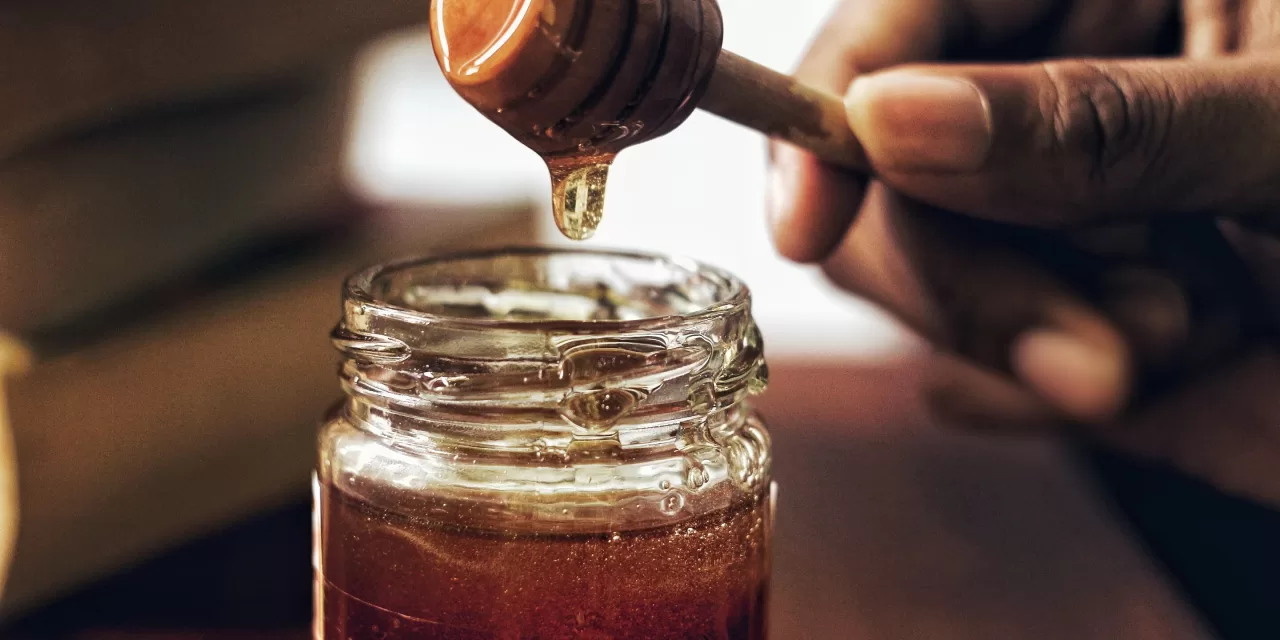A groundbreaking preclinical study led by researchers at UCLA Health Jonsson Comprehensive Cancer Center has unveiled the potential of Manuka honey as a natural alternative for the prevention and treatment of breast cancer, particularly estrogen receptor (ER)-positive breast cancer. This subtype of breast cancer, which accounts for 70–80% of all cases, is the most common and often challenging to treat, especially in cases of endocrine resistance.
The findings, published in the journal Nutrients, reveal that Manuka honey, traditionally recognized for its antimicrobial and antioxidant properties, may offer significant benefits in cancer therapy. The study highlights the honey’s ability to specifically target cancer cells without harming normal cells, making it a promising candidate for further exploration as a nutraceutical.
Key Findings of the Study
In a series of preclinical experiments, the research team demonstrated the following:
- Tumor Growth Reduction: Manuka honey significantly reduced tumor growth in mice implanted with ER-positive breast cancer cells by an impressive 84%, without adversely affecting normal breast cells or causing major side effects.
- Dose-Dependent Effectiveness: Higher concentrations of Manuka honey corresponded with greater reductions in cancer cell growth, suggesting a dose-dependent response.
- Inhibition of Cancer Pathways: The honey was found to downregulate key signaling pathways commonly upregulated in cancer, including AMPK/AKT/mTOR and STAT3. These pathways are crucial for tumor cell growth and survival, and their inhibition is a promising sign of Manuka honey’s therapeutic potential.
- Selective Targeting of Cancer Cells: Unlike traditional treatments that can damage both cancerous and healthy cells, Manuka honey specifically reduced the proliferation of breast cancer cells while sparing normal human mammary epithelial cells.
- Induction of Apoptosis: The study also noted that Manuka honey induced apoptosis, or programmed cell death, in breast cancer cells, a critical mechanism in controlling cancer progression.
- Synergy with Existing Treatments: Manuka honey enhanced the effectiveness of tamoxifen, a widely used antiestrogen drug in ER-positive breast cancer therapy, when used in combination. This suggests that Manuka honey could be an adjunct to existing treatments, potentially improving outcomes for patients.
Addressing the Need for Alternative Treatments
Breast cancer remains the leading cause of cancer-related deaths among women globally, with endocrine resistance being a significant challenge in treatment. The urgent need for alternative therapies has driven research into natural compounds like Manuka honey, which is rich in flavonoids, phytochemicals, complex carbohydrates, vitamins, amino acids, and minerals. These compounds have shown anticancer potential at the molecular level, particularly in blocking estrogen receptors, a key factor in hormone-sensitive breast cancers.
Future Implications and Research
The study’s lead author, Dr. Diana C. Márquez-Garbán, emphasized the importance of these findings in the ongoing search for safer and more effective cancer treatments. “Our research suggests that Manuka honey could be a valuable natural adjunct in the treatment of ER-positive breast cancer, especially in preventing or overcoming endocrine resistance,” she stated.
While these results are promising, they are based on preclinical models, and further research, including clinical trials, is needed to confirm Manuka honey’s efficacy and safety in humans. If future studies validate these findings, Manuka honey could become a powerful tool in the fight against breast cancer, offering a natural, less invasive option for patients.
More Information: The full study can be accessed in the journal Nutrients under the title “Manuka Honey Inhibits Human Breast Cancer Progression in Preclinical Models.” DOI: 10.3390/nu16142369.
Provided by: University of California, Los Angeles (UCLA)












